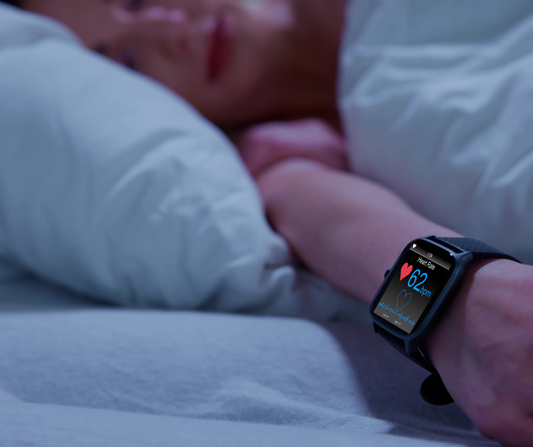This week marks the first day of summer, ushering in longer days, and lots of outdoor fun. But sometimes those hot days pose a challenge to getting a good night's sleep. But don’t worry—there are ways to ensure you rest well in the summer heat.
Be Active During the Day (But Limit Exercise at Night)
Everyone knows that exercise is crucial for health, but the timing of your workouts matters for sleep. Try to exercise in the early-morning sun, which helps set your body clock and minimizes sleep disruption. Avoid strenuous evening workouts, as they generate heat and make it harder for your body to cool down before bed.
Keep Your Room Cool
A cool environment is essential for quality sleep. For most people, the ideal room temperature is around 65 to 68 degrees Fahrenheit, which can be difficult to achieve on a hot summer day.
Luckily there are alternatives to cranking the AC. Use fans, cooling mattresses, or mattress toppers to maintain a comfortable temperature for sleep. Light bedding and blackout curtains can also help keep your room cool and dark. Creative solutions like putting your sheets in the freezer or setting a tray of ice in front of a fan can provide additional cooling.
Change the Way You Sleep
Sometimes, a simple change in your sleeping position or sleepwear can improve your sleep quality. Spread your arms and legs out to release body heat, and choose sleepwear made from natural fibers like cotton, light wool, or silk, which are more breathable than synthetic materials.
If possible, consider sleeping alone to reduce body heat in the bed. Sharing a bed with a partner or pet can raise the surrounding temperature, making it harder to stay cool and comfortable. Sorry, Fido.
Take a Shower at Bedtime
A shower before bed can help lower your core body temperature. Studies suggest that people struggle to fall asleep in warm environments due to internal temperature regulation issues. A lukewarm shower one to two hours before bed can significantly improve sleep quality.
Limit Light Exposure at Night
Dim the lights as bedtime approaches to help your body produce melatonin at the right time. Blue light from electronics can disrupt your sleep cycle, so consider wearing blue-light blocking glasses about 90 minutes before bed. These glasses can be effective in reducing insomnia and improving sleep quality.
What We Have Learned
Getting good sleep is essential, especially during the summer months when heat and activities can disrupt your rest. Follow these tips to enjoy summer fun while still getting the quality sleep your body needs. Sweet dreams!
Scroll down and sign up for our monthly newsletter to learn more.
Dream big, work hard, sleep ambitiously,
Joe Castignani



